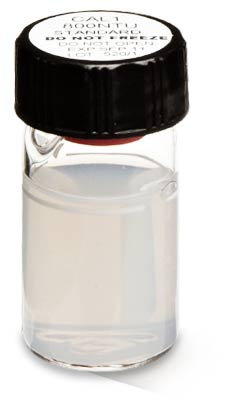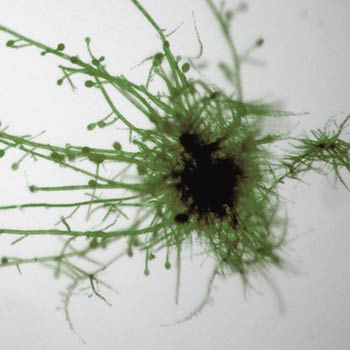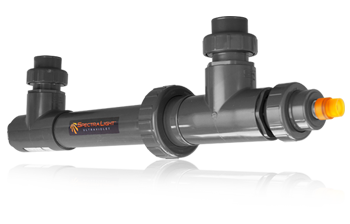Shopping Cart
All orders qualify for risk-free 30 day trial & complimentary US shipping!
-- No items so far --
Total:
0
Support
Need help? Our Pool Experts are here to help.
All orders qualify for risk-free 30 day trial & complimentary US shipping!
-- No items so far --
Total:
0
Need help? Our Pool Experts are here to help.
Cloudy pool water is caused by turbidity, or the presence of suspended solids in the water. There are five common causes of cloudy pool water.
It’s nearly impossible to prevent cloudy pool water if the filter is not working properly. The source of the filter problems varies depending on the type of pool filter installed. The filter may need to be backwashed, cleaned or replaced. A malfunctioning pump can cause poor circulation that can lead to cloudy pool water.

Even a small amount of algae suspended in the water will cause cloudy pool water. This cause of cloudy water can be detected by feeling the side of the pool with your hand. If algae are to blame, the side of the pool will feel slippery. The solution is to super-chlorinate to 25 or 30 ppm free chlorine. This will kill the algae, and if the filter is working properly, the filter will remove the dead algae. An ultraviolet disinfection system can be installed to kill algae suspended in pool water. Salt water pools may allow algae growth if the salt chlorinator is undersized or if the electrodes are in need of cleaning.
Poor water balance may result in a host of problems, including cloudy pool water. With unbalanced pool water, suspended calcium carbonate may occur. Oftentimes, simply balancing the pool water will cause the calcium carbonate particles to go back into solution. This will usually clear cloudy pool water.

Cloudy pool water can occur when a lot of swimmers enter the pool at one time, introducing more organic matter into the pool than the sanitation system can handle. Salt water pools are especially vulnerable to high numbers of swimmers because these systems can rarely increase chlorine output quickly enough to keep up with chlorine demand. There are several ways to increase the water’s ability to handle higher organic loads. The chemical-based solution is to increase the amount of chlorine in anticipation of the greater number of swimmers. The non-chemical solution is to install an ultraviolet disinfection system. Ultraviolet is extremely effective at eliminating organic matter, not to mention microorganisms. A UV pool system will take the load off your chemical sanitation method and help prevent cloudy pool water. Although not eco-friendly, another solution for a pool that is cloudy is to super-chlorinate the water with 25-30 ppm free chlorine. Ultraviolet pool systems eliminate the need to super-chlorinate and are considered the greenest method of pool sanitation available to pool owners.

Cloudy water is also caused by dirt particles that are too small for the filter installed in your pool. There are two solutions. You can install a new filter that has a lower micron rating, which will trap even the finest particles, or you can deal with the problem using a chemical clarifier. A clarifier will cause the fine suspended particles to clump together, so they can be removed by your filter.
In the end, a properly balanced and sanitized pool is your best insurance against cloudy pool water. An ultraviolet pool sterilizer is a popular choice for pool owners who need to lower chemical usage, improve health and safety, and resolve cloudy pool water with one device.
There are a number of alternatives for swimming pool sanitation. Compare UV to chlorine, ozone, ionization and other technologies here.
